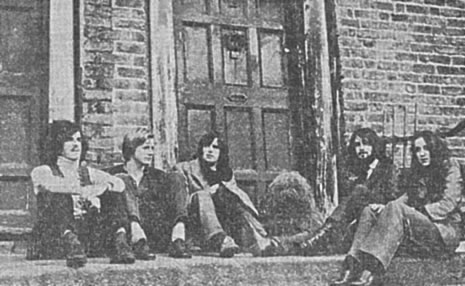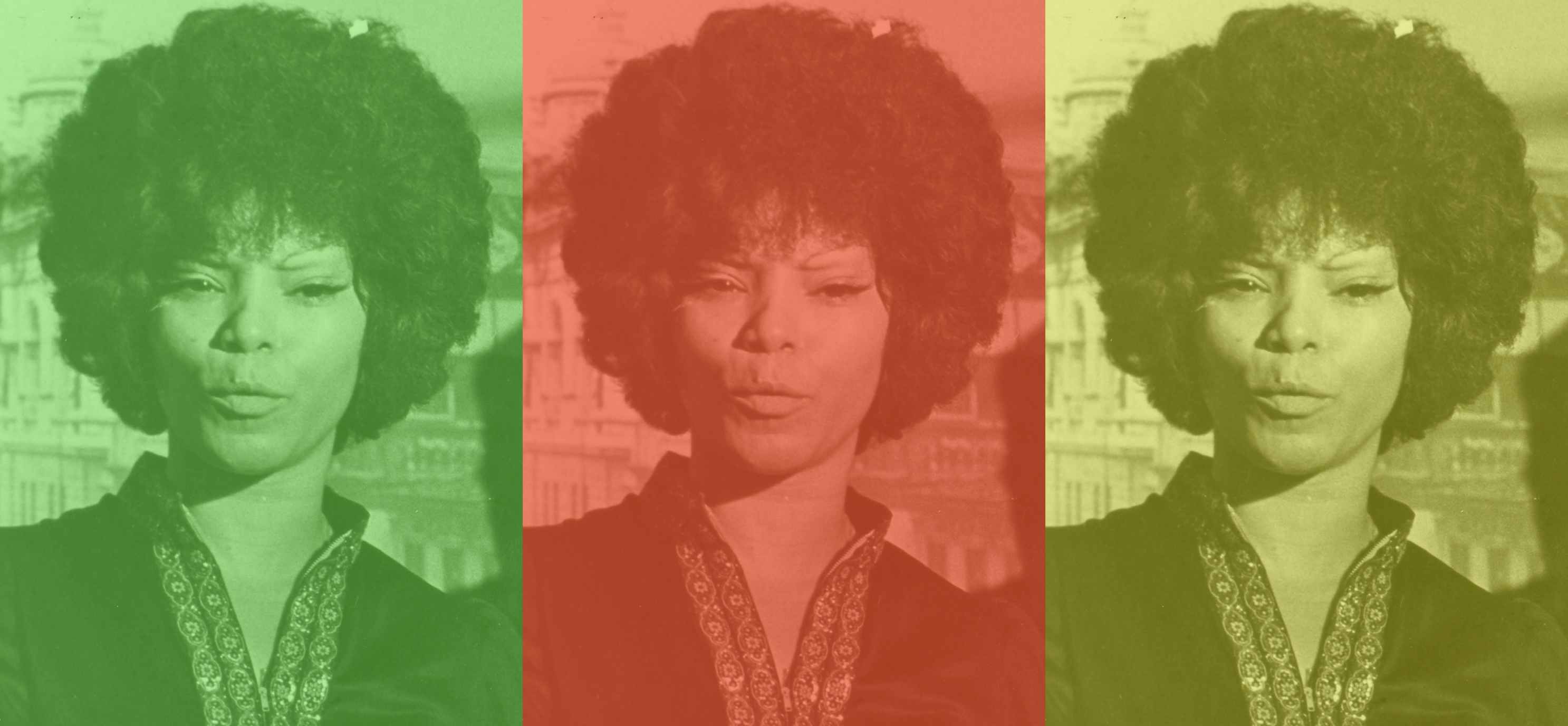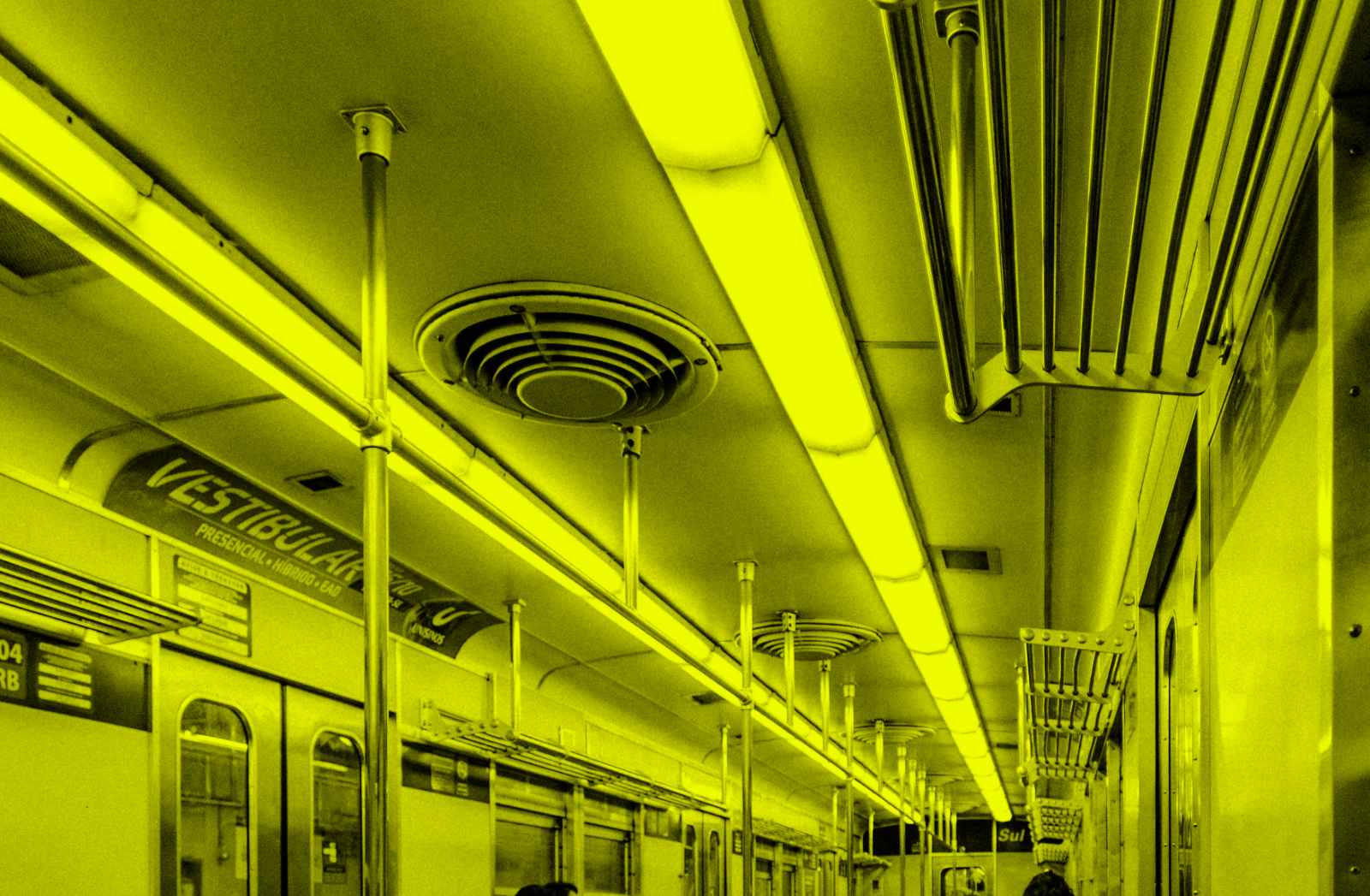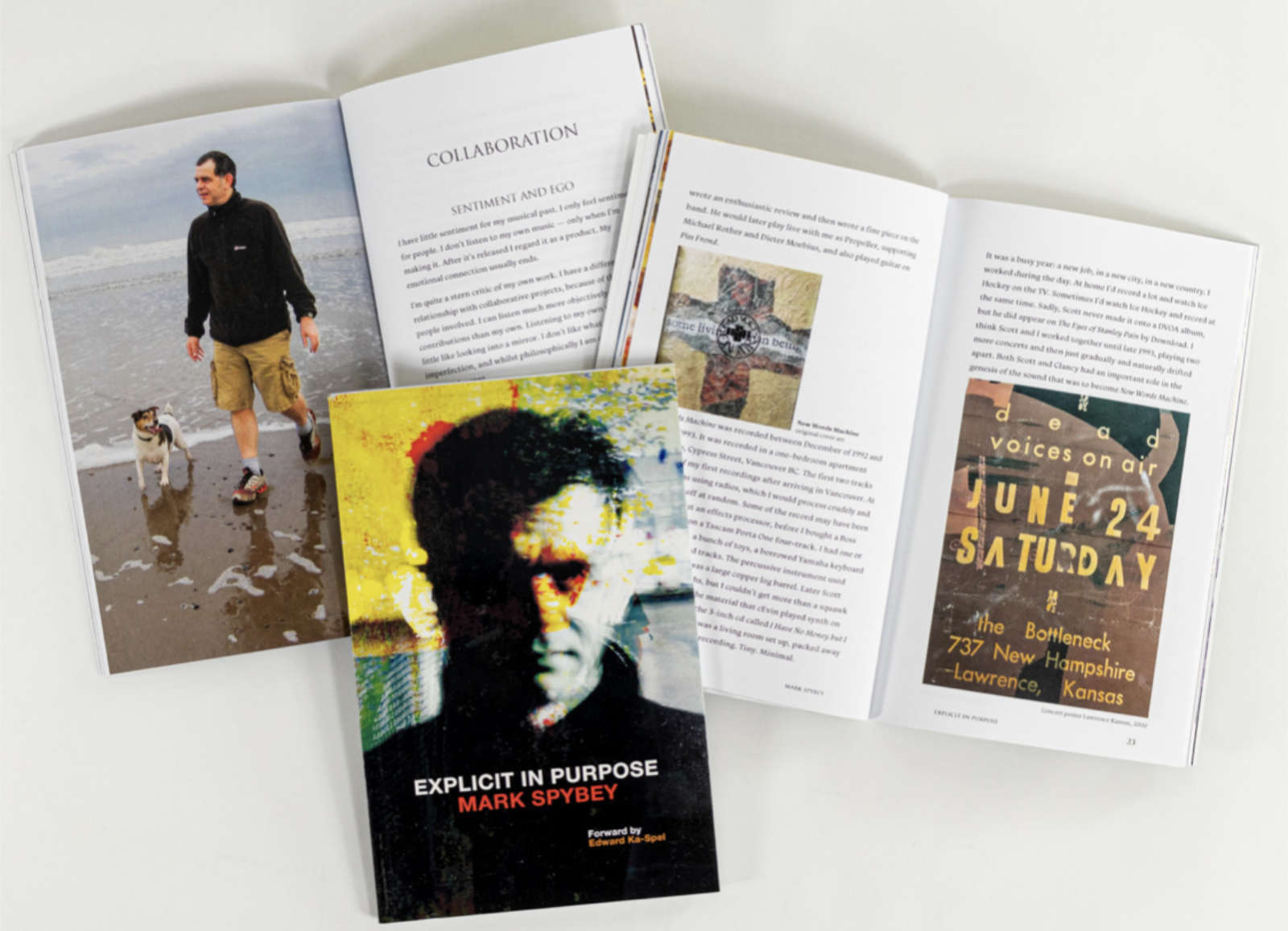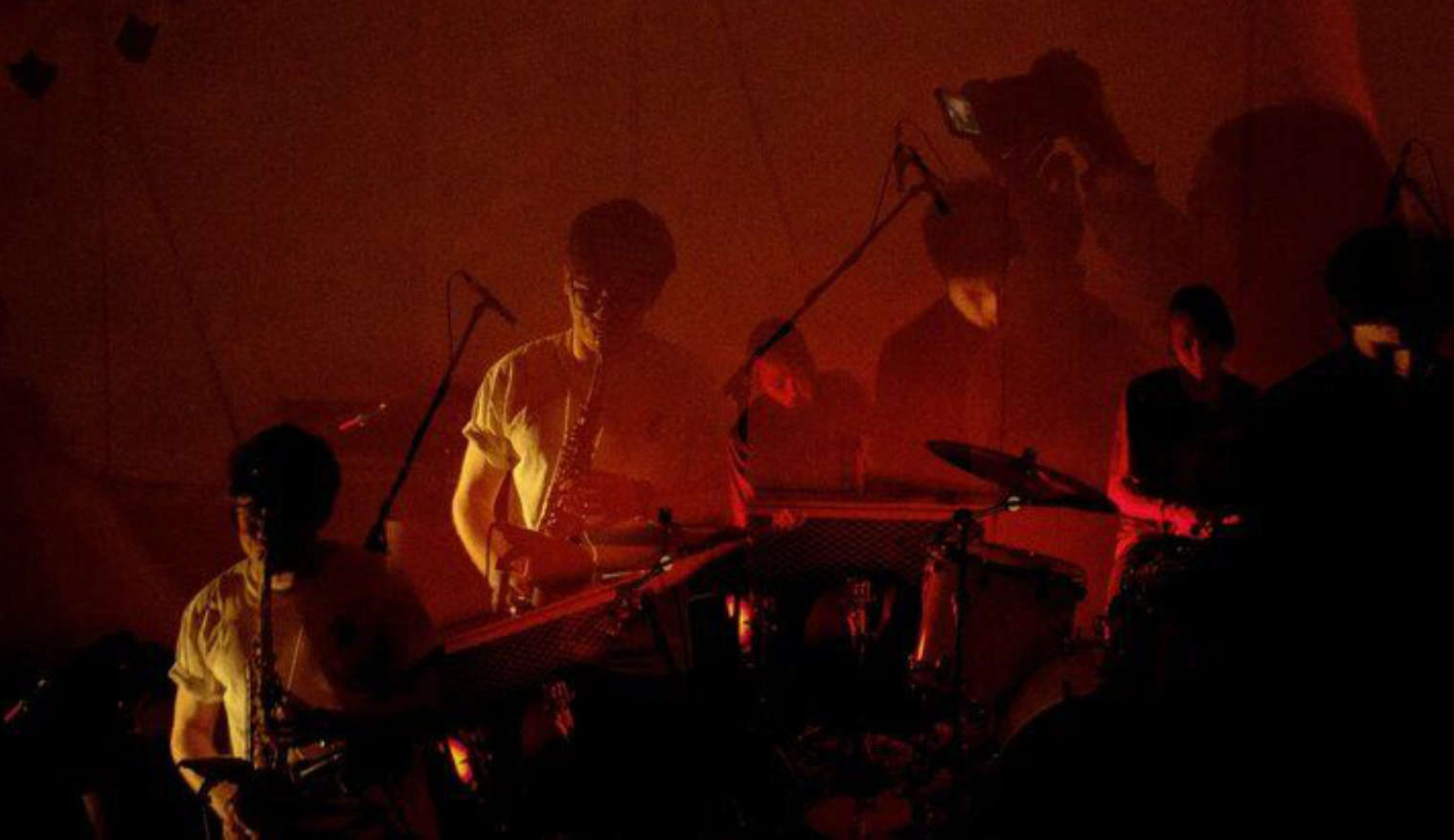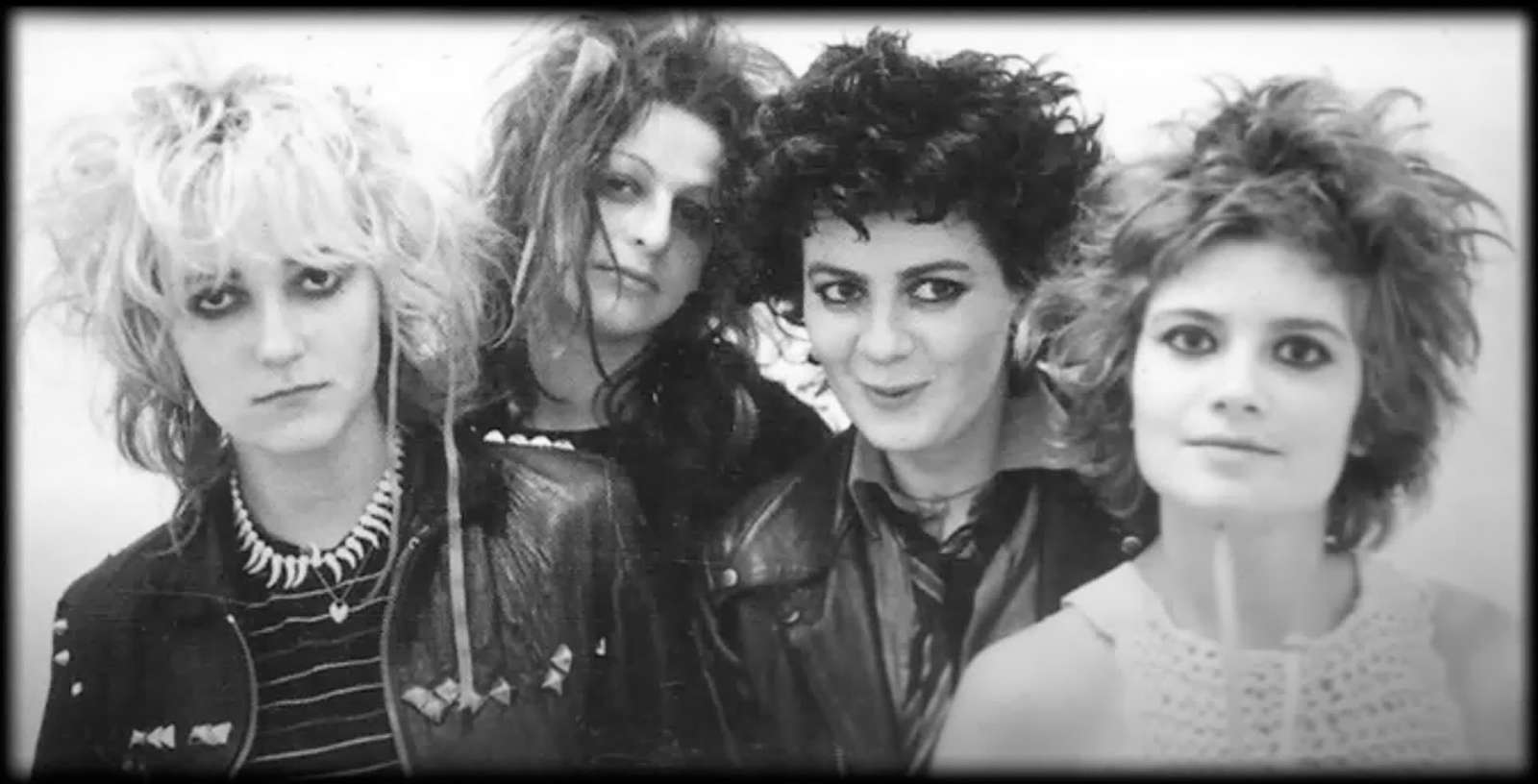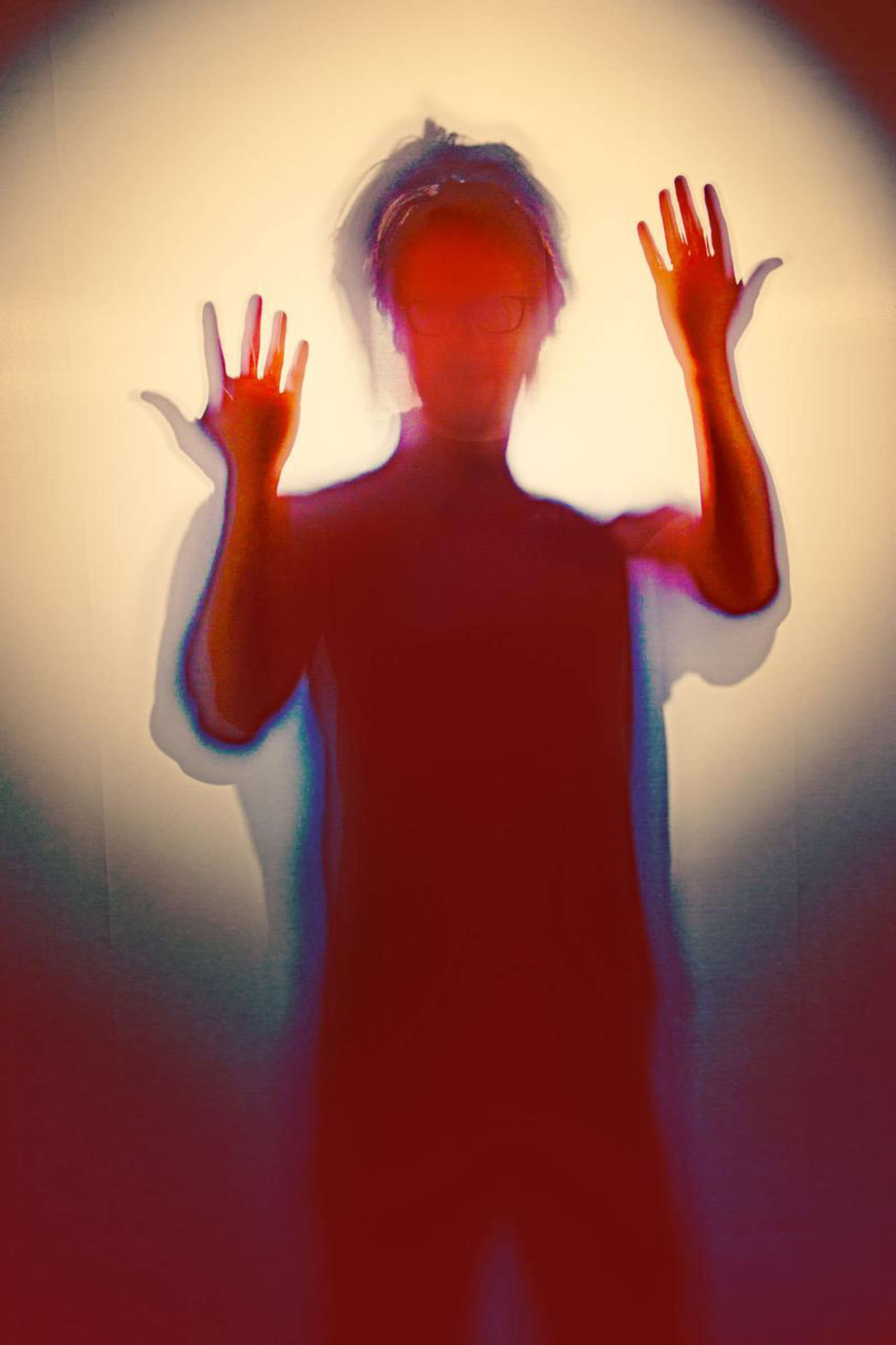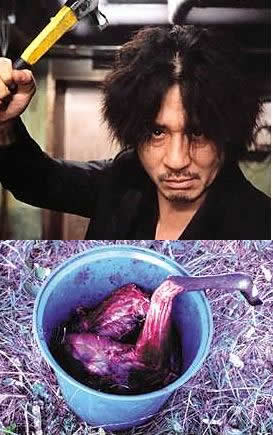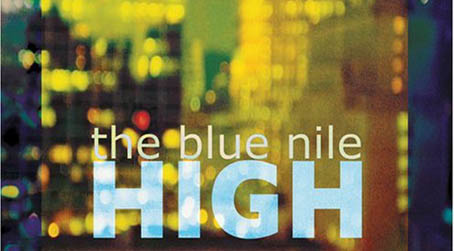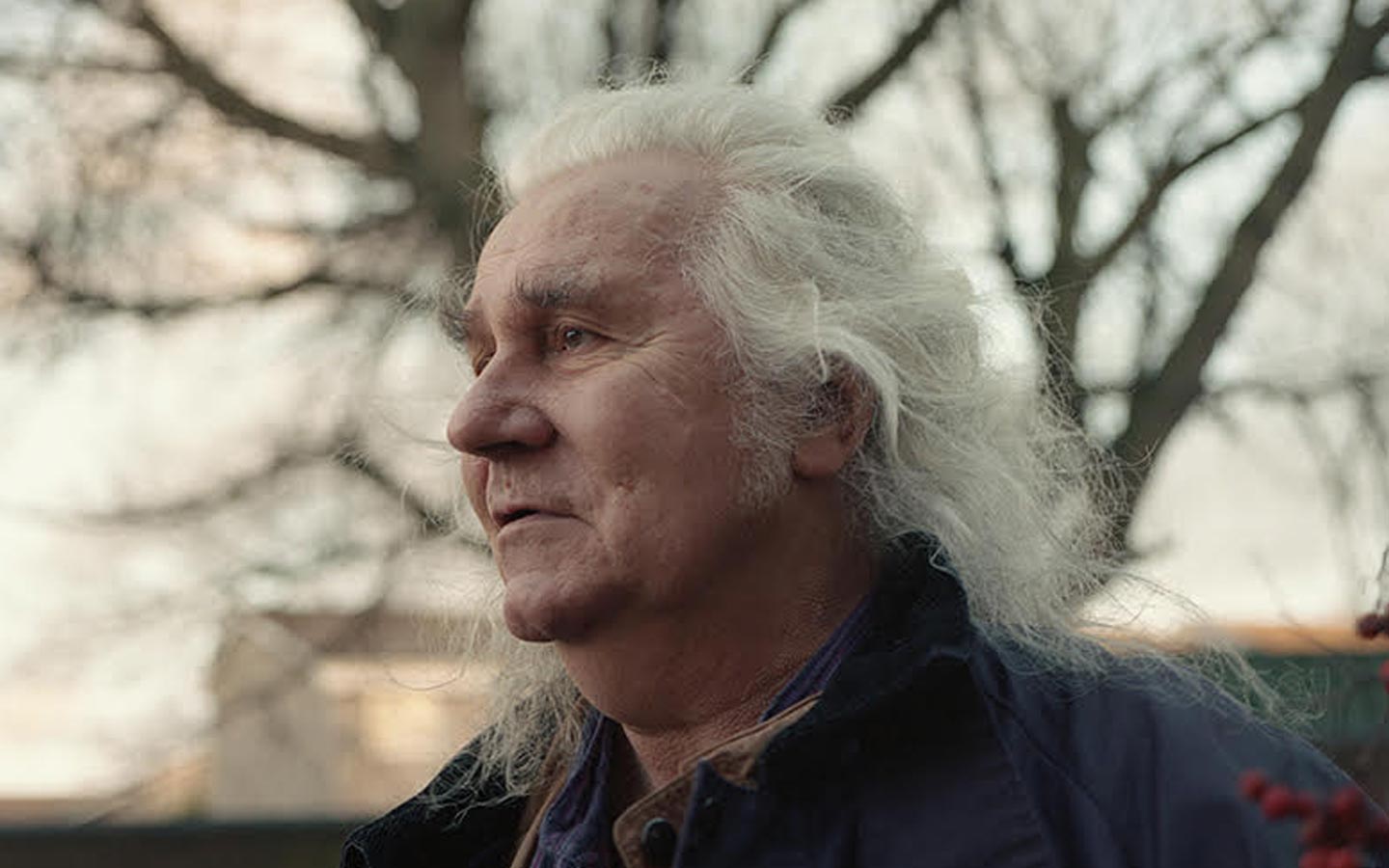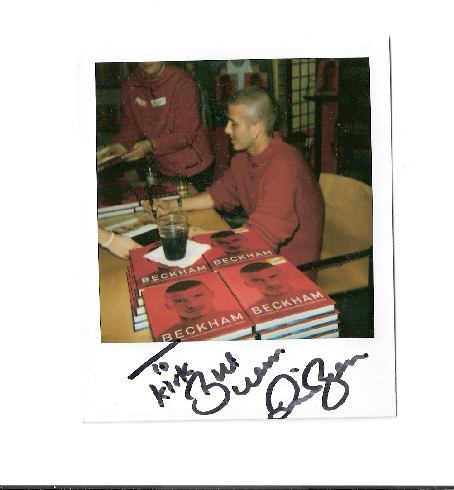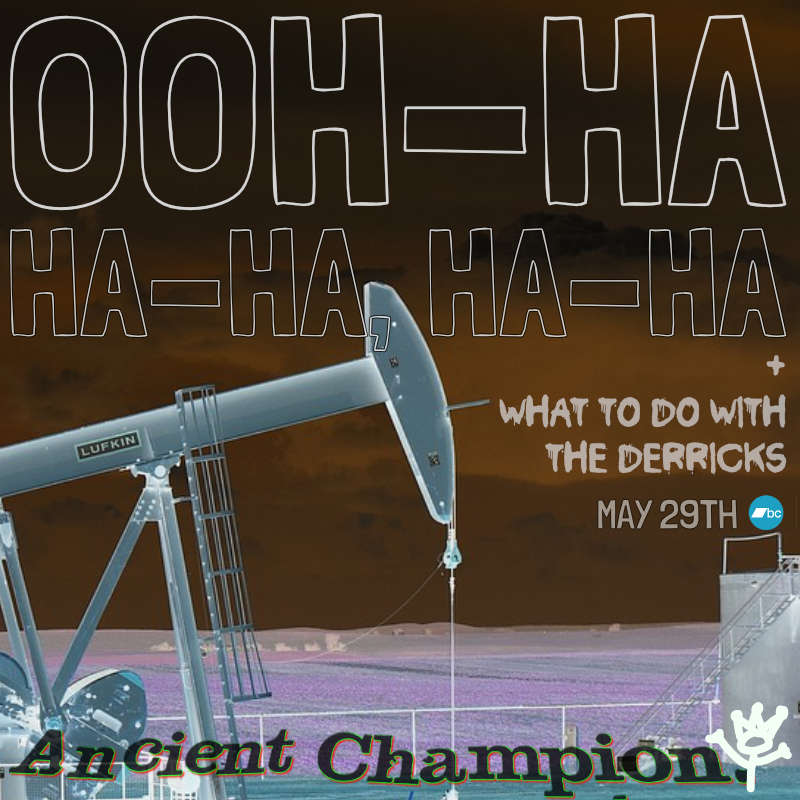Pete Doherty: On the Edge (John Blake) is a biography of the Babyshambles singer by Nathan Yates and Pete Sampson, two hacks with London's tabloid Daily Mirror. The book, high on feigned outrage and gushing shock horror, "reveals" that Pete's father is an SAS soldier, a member of Britain's elite terrorist Special Forces unit.
The highlight is one chapter - A Night at the Circus - which follows Doherty as he makes his way from a small London gig to an East London crack den. The night begins with the singer plus his entourage being car chased through the London night by a gang of hungry paparazzi. Eventually they lose the photographers and go hunting drugs: "As he floated through the streets of east London that night, he seemed disappointed to have lost the photographers he'd threatened to 'fuck up' just minutes earlier. He then turned a corner and was greeted by the waiting car. `Give us something good, Pete,' one of the photographers asked. Pete obliged and picked up a bag of rubbish from a doorstep, ready to hurl it at the car before he spotted some patrolling policemen and put it down. He seemed more like a naughty schoolboy than a wild man of rock, but that was Pete's appeal. He walked towards the camera, took one last deliberate drag of his cigarette and flicked it to the floor like a character in a Wild West movie. He then turned away and shouted, `That's enough now. Show's over. Same time, same place, tomorrow.'"
It became clear to the hack that they were being taken on: "one of Pete's strange Dickensian journeys - with a very twenty-first-century twist - through east London. A few more turns around run-down streets and darkened alleyways and Pete arrived at a black BMW parked on a street corner. The darkened window wound down to reveal four Asian men sitting inside. The car was shaking with loud drum 'n' bass music and Pete got in the back, shaking his head excitedly, to score a handful of drugs. It seemed strange to watch Pete appear so at home in this world so different from his habitual domain. The tracksuits and pimped-up cars clashed with Pete's old suits and antique guitars. The men in the car had drugs to sell, though, and that was all that mattered."
Pete's posse - flunkies, Daily Mirror hacks, beautiful people - left the mobile drugstore behind and marched up some shabby stairs to Pete's friend's flat: "At the door to the flat, a beret-wearing figure in his fifties met us and ushered us inside. I'd thought that crack dens like the one in which I now found myself existed only in the movies, but apparently not. Poetry and doodles were scrawled all over the walls, while books and records spilled from every corner. Pete sat down on a flea-bitten armchair and picked up his guitar and crack, then plucked out the joint that had been perched in the rim of his trilby and lit it. The only part of the flat that wasn't covered in ash was the ashtray itself. As I flicked my cigarette ash into it, I was promptly told to use the floor. The ashtray was clean, I was told, because it was used for the mixing of hard drugs."
The hack reckoned that as, "more drugs were consumed and more drug-takers arrived, less music was played. Despite his obvious physical and mental scars, Pete still glamorized drugs to the watching disciples. 'Crack's gorgeous,' he enthused, 'and the brown's all right. It depends on the quality of it. But it's become more of a painkiller than a high.'"
When someone suggested that Pete should let him make a Doherty doll to sell at Camden market, Pete replied, 'As long as it's holding a guitar and a crack pipe.'
BUY THIS BOOK FROM AMAZON.COM
Pete Doherty: On The Edge; The True Story of a Troubled Genius
** ** **
Tara Telephone (above) was Ireland's late Sixties experimental project which mixed poetry with rock music. They published work by John Lennon, Seamus Heaney, Brendan Kennelly, and the Liverpool Poets but the collective is probably best remembered for what became of its founders.
Peter Fallon, brother of rock'n'roll maven B.P. Fallon, went on to create Gallery Press, Ireland's most distinguished poetry publishers, closely associated with my old friend, the late and genuinely lamented Michael Hartnett. Eamon Carr became the drummer with Horslips, the most culturally significant of all the Irish rock groups. The Book of Invasions - an exploration of one of the Irish mythological cycles - was the title of both a Tara Telephone publication and of one of Horslips' most successful albums. Another participant in Tara Telephone was guitarist Declan Sinnott, briefly a member of Horslips before they had to good sense to replace him with the magnificent Johnny Fean. Sinnott has continued making dreadful music to this very day, but his role in Tara Telephone was minor - it was really the brainchild of Fallon and Carr.
Now a website has been started to commemorate and chronicle the experiments and achievements of Tara Telephone. www.taratelephone.com contains a list of their publications, archival photographs, and reproductions of their poster poems. A fascinating slice of cultural life from a superior Ireland which has gone forever.
** ** **
Pseudo-City (Raw Dog Screaming Press) is a new collection of short fiction by D. Harlan Wilson, assistant professor of English at Michigan State University. He has published over 100 stories in magazines, anthologies and journals throughout the world, and he is the author of The Kafka Effekt (2001) and Stranger on the Loose (2003). Both are collections of short stories and flash fictions published by Eraserhead Press. Pseudo-City is a story-cycle set in an imaginary, post-real metropolis.
Michael Arnzen says, "Pseudo-City is an ingenious subversion—the sort of book that has the power to change your entire perception of the everyday world."
Wilson writes hard and witty. Those who appreciate William Burroughs or Laurence Sterne will find things to cackle at in his cyberpunky skunky funky fictions.
